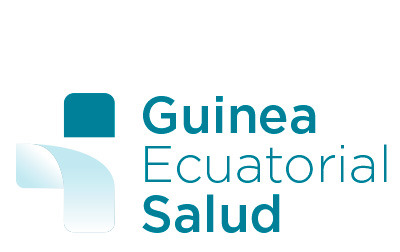
06 Oct New global study on SAR-COV-2 variants with data from the Baney Research Laboratory
A worldwide study has been published in the prestigious journal “Nature” on the traceability of a specific variant of SARS-CoV-2 that has been detected in Central Africa – named B.1.620 and discovered in Lithuania – thanks to the sequencing efforts of the genome made on the African continent and, specifically, from the Baney Research Laboratory. With this, 5 articles have already been published, based on the data provided by our young laboratory that has only been in operation for 3 years.
After more than a year of pandemic and with an unprecedented reduction in human mobility around the world, different lineages of SARS-CoV-2 have emerged in multiple geographic areas around the world. Until now, there are four lineages (B.1.1.7, B.1.351, P.1 and B.1.617.2) that have been universally categorized as variants of interest due to an evident greater transmissibility, severity of the disease and / or possible reduction in the effectiveness of the vaccine. In some cases, a lineage can reach a high frequency in one place and sow others in its vicinity, such as the B.1.177 lineage that became prevalent in Spain and later spread throughout the rest of Europe.
The B.1.620 Meeting to detect SARS-COV-2 variants in Equatorial Guinea
As explained in this article, using advanced geographic edge inference methodologies from travel histories recorded by infected travelers, the genomic surveillance program for B.1.620 was drawn, which included genomes from several European countries such as France, Switzerland, Belgium. , Germany, England, Scotland, Italy, Spain, the Czech Republic, Norway, Sweden, Ireland and Portugal, North America (United States and Canada) and more recently the Philippines and South Korea in Asia.
But, interestingly, a considerable proportion of the initial European cases turned out to be travelers returning from Cameroon. For this reason, since the end of April 2021, the sequencing teams operating in Central Africa and working mainly with samples from the Central African Republic, Equatorial Guinea, the Democratic Republic of the Congo, Gabon and lately the Republic of the Congo, have been sending genome B.1.620 to GISAID (Global Influenza and Surveillance Response System).
The Baney Research Laboratory, with the support of our partner and reference laboratory of the Swiss Institute of Tropical Medicine and Hygiene, is becoming a reference laboratory for the sequencing of the different variants of the SARS-COV-2 virus.

